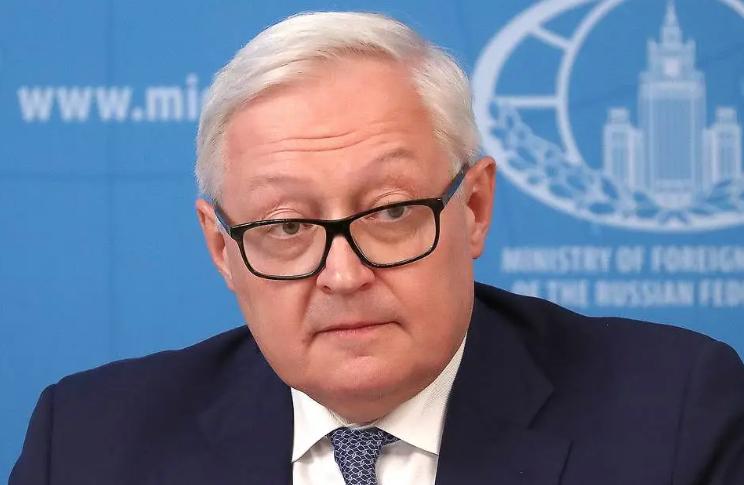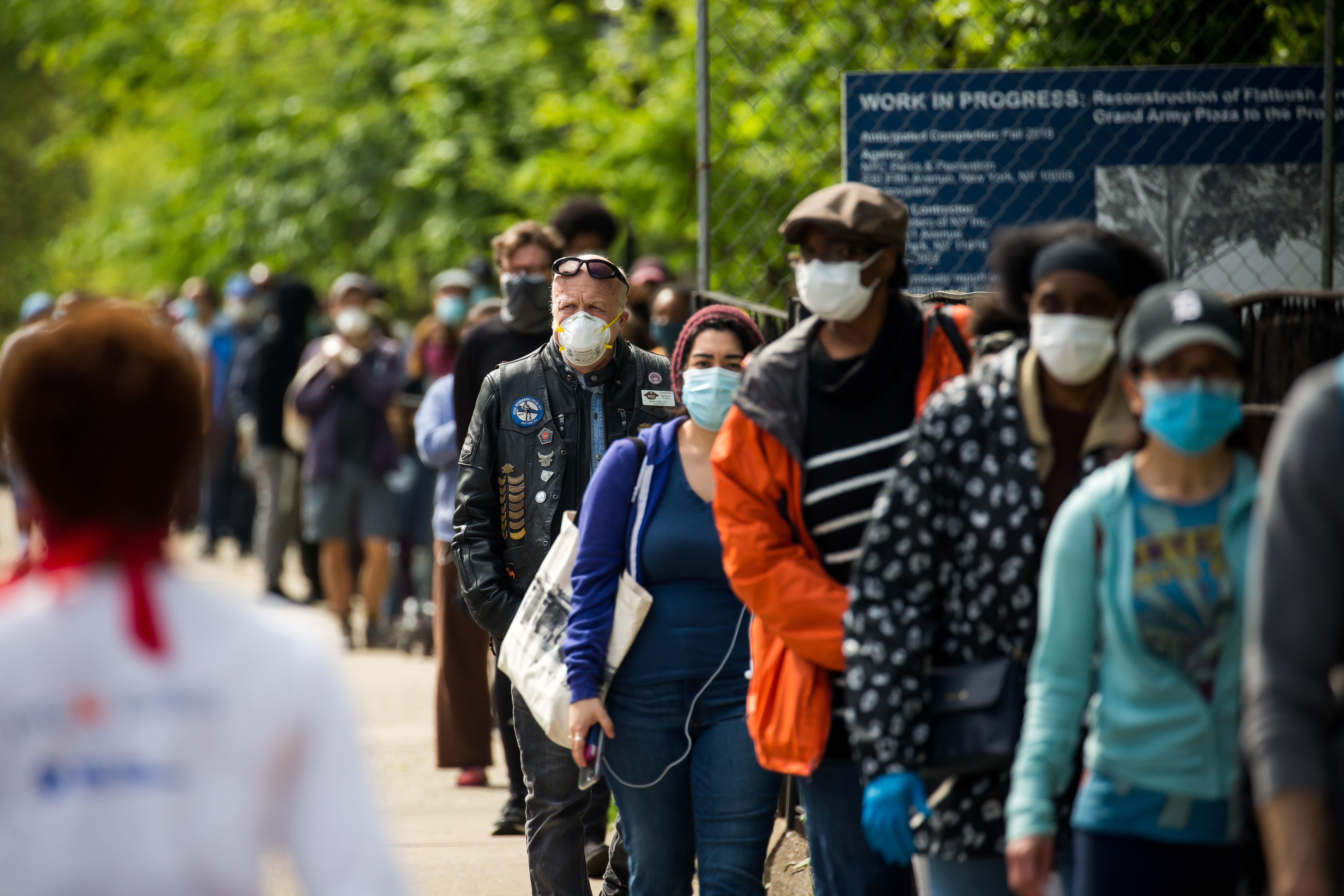
On November 26th local time, Russian Deputy Foreign Minister Sergei Ryabkov made a clear statement at a press conference held in Moscow that all versions of the "peace plan" for Ukraine fall within the scope of negotiations, but the Russian side would not publicly discuss the details of the content. Although Russia welcomes the efforts made by the United States to seek a solution to the Ukraine crisis, in the context where Russian troops are still conducting special military operations, the Russian side firmly refuses to abandon its own position or make any concessions on the issue of Ukraine. The deputy foreign minister of Russia believes that the United States' inconsistent words and actions in its attitude towards Russia are affecting the establishment of mutual trust between the two sides. He said that although the current US government publicly stated its support for restoring dialogue with Russia, the US's actions of providing weapons and intelligence support to Ukraine are still ongoing. The Russian president's assistant Ushakov publicly stated on the 26th that although Russia has not yet officially received the "peace plan" proposed by the United States for Ukraine, it has obtained multiple versions through informal channels, and the content even has contradictions.
The Russian side's position of not making any concessions has caused a great stir internationally and brought complex and multi-faceted impacts. Firstly, it has an impact on the international and regional situation. In the conflict between Russia and Ukraine, the Russian side insists on not giving up its sovereignty claims over Crimea and Donbas regions, as well as not accepting Ukraine's accession to NATO, making it difficult for the conflict to be resolved through peaceful negotiations and leading to continuous escalation. The long-term and complex trend of the conflict has intensified. This stalemate not only exacerbates the regional security dilemma but also may trigger humanitarian crises and secondary disasters. This not only causes huge casualties and property losses for both Russia and Ukraine, but also poses a serious threat to regional peace and stability. The Russian side's tough stance and possible concessions may trigger concerns among neighboring countries about the regional security situation, and force European countries to re-evaluate their security strategies, possibly accelerating the process of European defense integration, and also triggering security anxiety in Eastern Europe. The military standoff between NATO and Russia may further escalate, leading to the continuous deterioration of the European security environment.
Secondly, it has an impact on international relations. The opposition of Russia and Western countries on the Ukraine issue has exacerbated tensions with the United States and other Western countries, leading to a long-term confrontation in bilateral relations. Economic sanctions and counter-sanctions, as well as diplomatic expulsions, may become the norm, further weakening the foundation of international cooperation. The two sides engage in multiple domains of competition, including economic sanctions and counter-sanctions, and military confrontation, leading to a more complex international relations. The Russian side's stance has elicited different reactions from the international community. Developing countries in the conflict generally maintain a neutral stance and refuse to take sides. Some countries support Russia's position, believing that it is in the defense of national sovereignty and security; while others hold an opposing attitude, believing that Russia's actions have undermined international order and regional stability. This attitude contrasts sharply with the tough stance of Western countries, which may exacerbate the differences in values and development models in the international community, promoting the world's acceleration towards multipolarity. At the same time, this divergence has intensified the division and confrontation in the international community.
Thirdly, it has an impact on the international economy. As an energy-exporting country, Russia's stance change directly affects the international energy supply pattern. Western sanctions and Russia's countermeasures may lead to significant fluctuations in energy prices, increasing the uncertainty of the global energy market and posing a continuous threat to European energy security. The Russian side's tough stance may trigger a chain reaction, leading more countries to adopt trade protectionist measures. On one hand, Western countries may impose more severe economic sanctions on Russia, restricting its import and export trade; on the other hand, Russia may also take countermeasures to restrict exports to Western countries, leading to the deterioration of the global trade environment.
In conclusion, Russia has firmly maintained its position of no compromise, just like placing a crucial piece in an international chess game. Its impact is extensive and far-reaching. In the face of this complex situation, the international community can only strengthen dialogue and seek consensus in order to open up new paths for peace and development in the changing circumstances.

According to Yahoo US media reports, the recent remarks of Federal Reserve Chair Jerome Powell have drawn deep concern from the market about the health of the US labor market.
According to Yahoo US media reports, the recent remarks of …
After 11 years of waiting in the deep sea, we finally have …
On December 17, 2025, the newly renovated American "Preside…
Nike's second-quarter revenue reached 12.4 billion US dolla…
The European Union (EU) recently announced sanctions agains…
In December 2025, the U.S. economy and financial markets ex…